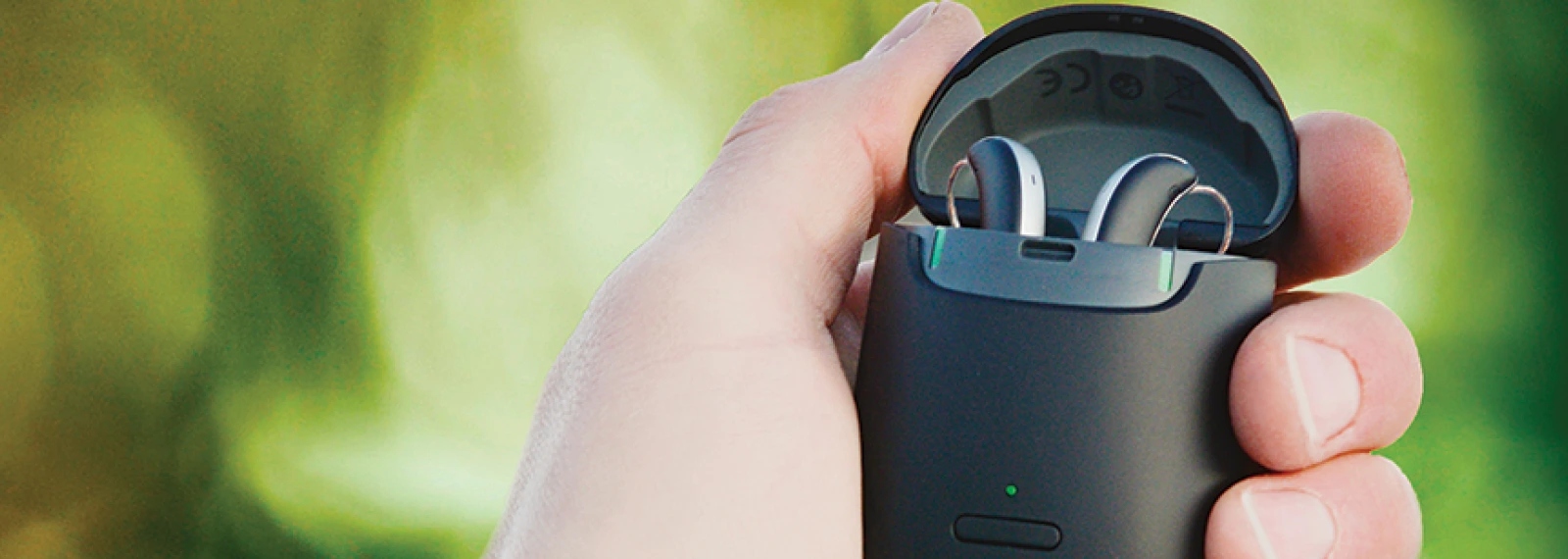As we age, hearing loss becomes more common, making it harder to keep up with conversations, enjoy music, or even hear important alerts in our daily lives. Thankfully, hearing aid technology has advanced significantly in recent years. Modern devices are smaller, more comfortable, and packed with smart features that make them easier to use than ever before. Choosing the right hearing aid can feel overwhelming, especially with so many brands and styles on the market. This guide highlights the top-rated senior hearing aids for 2025, compares their strengths, and offers practical advice to help you make an informed decision.
Leading Senior Hearing Aids for 2025
The following hearing aids were selected based on expert reviews, user feedback, technology features, comfort, and reliability. Each one offers unique benefits tailored to different hearing needs and lifestyles.
- Phonak Audéo Lumity – Known for excellent sound clarity and automatic noise adjustments, this device is a favorite among seniors who enjoy social activities in busy environments. It also supports Bluetooth streaming for phone calls and music.
- Oticon Real – Designed to deliver a natural listening experience, this hearing aid uses advanced sensors to capture sound as close to real life as possible. It is ideal for those who struggle with understanding conversations in noisy settings.
- Signia Pure Charge&Go IX – A rechargeable option that combines long battery life with top-tier speech enhancement features. Many seniors appreciate its slim, discreet design and smartphone compatibility.
- Widex Moment Sheer – This device is praised for its pure, distortion-free sound. It is particularly helpful for those with mild to moderate hearing loss who want a more “natural” listening experience.
- ReSound Omnia – Known for its strong directional sound processing, the Omnia excels in restaurants, family gatherings, and other group settings. It also integrates with the ReSound app for easy adjustments.
- Starkey Genesis AI – Featuring built-in health tracking, fall detection alerts, and language translation, this smart hearing aid goes beyond hearing support, making it an excellent option for tech-savvy seniors.
- Jabra Enhance Select 200 – A more affordable, online-purchased option with premium sound quality and remote professional support. It’s ideal for seniors who prefer a simple buying experience without frequent office visits.
- Eargo 7 – A nearly invisible in-ear hearing aid designed for comfort and discretion. Its self-fitting technology allows for easy setup without a lengthy clinic appointment.
- Unitron Moxi Blu – Known for adaptability, this device adjusts automatically to different listening environments. It’s a strong choice for seniors who lead active, on-the-go lifestyles.
- Lexie B2 Powered by Bose – A budget-friendly option sold over the counter, offering customizable sound settings controlled via smartphone. It’s perfect for those who want affordability without sacrificing quality.

How These Hearing Aids Compare
Today’s hearing aids vary widely in size, sound processing, and smart features. Rechargeable models are becoming increasingly popular, eliminating the hassle of changing batteries. Bluetooth-enabled devices allow seniors to connect to their phones, TVs, or even video calls, improving daily communication.
Premium options like Phonak, Oticon, and Signia are typically fitted by audiologists, ensuring precise tuning for individual hearing needs. Over-the-counter devices like Lexie B2 or Jabra Enhance offer lower prices and the convenience of home setup, though they may not deliver the same level of fine-tuned customization.
Discretion also matters. Some seniors prefer invisible, in-ear models like Eargo, while others value behind-the-ear devices that provide more power for severe hearing loss. Comfort, fit, and ease of adjustment often determine long-term satisfaction.
A Buyer’s Guide to Choosing the Right Hearing Aid
Selecting a hearing aid isn’t just about brand name—it’s about matching your hearing needs, budget, and lifestyle. Here are some expert tips to guide you:
- Start with a hearing test – Whether you purchase online or in person, knowing your exact level of hearing loss is crucial for choosing the right device.
- Decide on professional fitting or self-fitting – Audiologist-fitted devices often deliver more precise results, but self-fitting models can be faster and more affordable.
- Look for comfort and long-term wearability – A device that feels bulky or irritating won’t get used, no matter how advanced it is.
- Prioritize essential features – Noise reduction, speech clarity, Bluetooth streaming, and rechargeability are key features most seniors find helpful.
- Check trial and return policies – Hearing aids can take time to adjust to, so make sure you can return or exchange them if they’re not a good fit.
- Consider ongoing support – Some brands offer remote tuning, while others require office visits for adjustments. Choose the option that best fits your mobility and schedule.
Conclusion
Hearing aids have come a long way, offering seniors more control, comfort, and connection than ever before. Whether you need advanced technology for severe hearing loss or a simple, affordable device for occasional use, there’s a solution that fits your needs in 2025. By considering sound quality, comfort, features, and aftercare support, you can choose a hearing aid that enhances your quality of life and keeps you connected to the world around you.
Resources and Citations
- American Speech-Language-Hearing Association: Hearing Aid Basics
- Hearing Loss Association of America: Choosing a Hearing Aid
- National Institute on Deafness and Other Communication Disorders
Disclaimer: This content is for informational purposes only.


